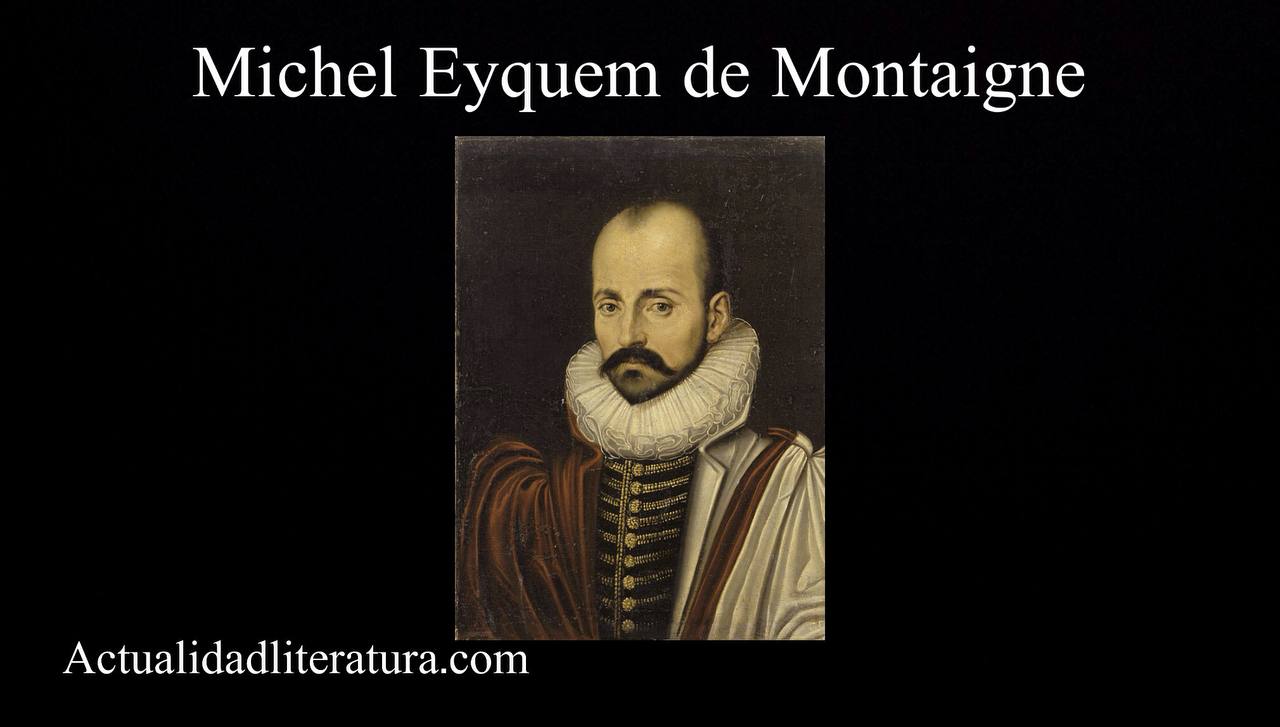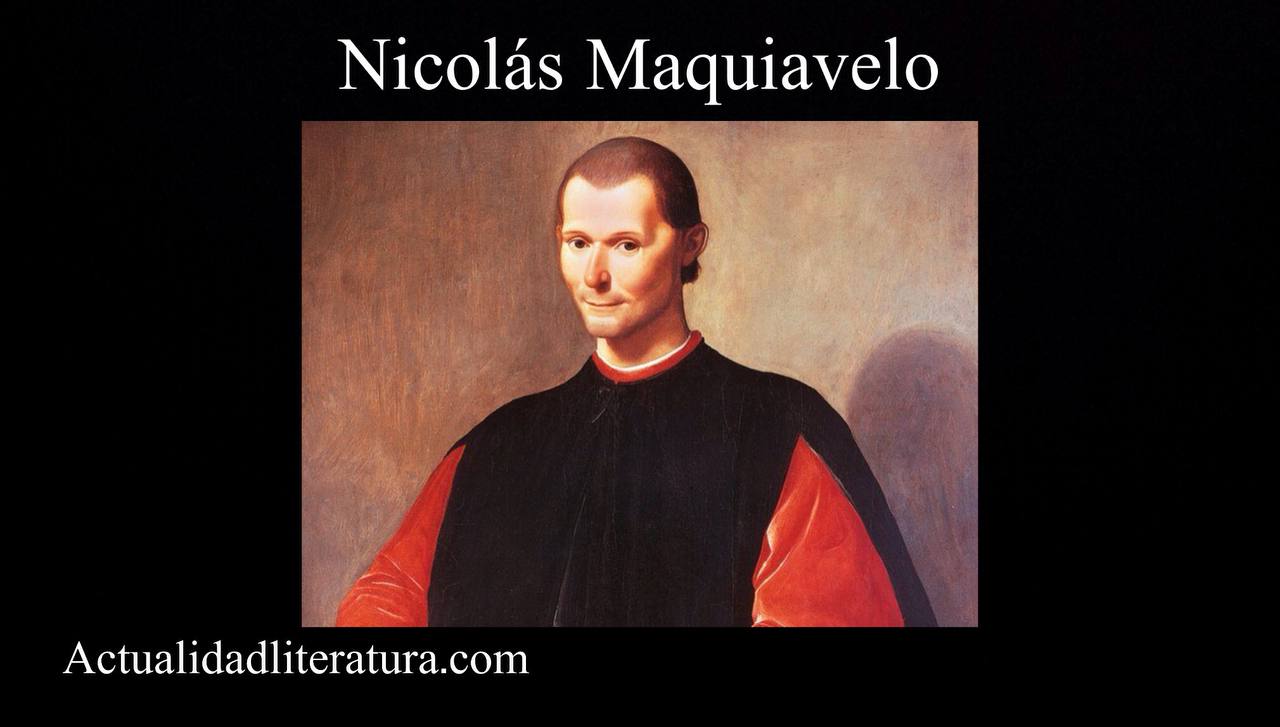
Michel Eyquem de Montaigne, father of the literary essay
The literary essay is counted as one of the major genres in literature. It is found alongside dramaturgy, narrative and poetry —although with a more didactic nuance—. It is a short text written in prose where the author analyzes, examines or interprets a topic in a subjective but documented way. Its purpose is to argue about a specific topic.
The themes for an essay are as varied as life itself. It has been written about politics, pedagogy, art or philosophy. The argumentative approach is based on the author's need to express their opinions about something. What is intended is to justify these arguments through research without becoming a technical work.
Characteristics of a literary essay
A literary essay is not a thesis or a monograph - these works are more of a scientific quality. The essay is a brief and free exposition aimed at a wide audience. For this reason, it uses a language that seeks to be understood by the greatest number of people.
However, as a general rule he uses stylistic and poetic resources. These give greater liveliness to the argument that the author wishes to develop. In this way, the literary essay has certain characteristics necessary to include it within this category. Some of them are the following:
- Presents opinions based on the author's research work;
- It serves as a preliminary and educational text to generate debates;
- It is sensible writing that summarizes a topic of academic, moral, or social value (Wikipedia.org, 2022).
Parts of a literary essay
One of the greatest qualities of a literary essay is to be a free, indicative and suggestive document. It is flexible because its function is to allow the author to introduce a theme and approach it from his point of view.. But there are common features that usually make up a text of this type. This could be a model structure to develop an essay:
Induction
In this section The principle of the argument of the topic to be developed in the following paragraphs is exposed. In general, it seeks to be brief to give way to the content.
Development
It is here that the author raises the arguments themselves. Theses and theories are exposed. You can also cite sources of information to inform the reader of the foundations of your study. This section is usually the longest and most complex.
Closing
It is about the conclusions reached by the essayist. Here are the final arguments of the idea, and those characteristics that support the writer's arguments are highlighted. Usually it is not a very broad section.
Internal structures that a literary essay can have
Thanks to the freedom offered by itself a literary essay, its internal structure can be arranged in various ways. It all depends on how the author intends to shape his idea—conclusions before development or development before introduction. Depending on the case, we have these variants:
analytical and deductive
Through this composition, the author first states the main idea of his argument. He then proceeds to develop the theme, provide the reader with information, and examine his theory in more detail.
Synthesizing and inductive
This type of structure examines the arguments at the beginning of the text, and leaves for the end the presentation of the thesis or conclusions.
framed
In this case, the thesis is exposed at the beginning of the essay. In the center are written the arguments and data collected by the essayist. Likewise, the thesis of the beginning is reformulated from the data, to later use the conclusions (idunneditorial.com, 2022).
Types of literary essay
Literary essays have tried to classify themselves on many occasions. Nevertheless, what differentiates them has to do with the themes or positions they address. Some examples of this are:
literary essay of novels
This type of essay seeks to analyze the narrative content -usually complex- to create debates about them. An example of this is García Márquez: story of a deicide, of the writer Mario Vargas Llosa.
philosophical literary essay

Nicholas Machiavelli
There are specific essays on philosophical topics. However, in addition to addressing issues related to life or death, love or society..., this type of text is characterized by the use of aesthetic narrative techniquesas literary devices.
Mixed literary essays
We can find tests that address more than one topic. It may be that the author learned to speak of narrative-history, poetry-philosophy or society-politics.
How to write a literary essay
Before taking on the task of writing an essay, it is necessary to carry out a research process on the topic to be discussed. It is very helpful to create a list of ideas, classify them, and discard those that do not seem convenient..
According to your criteria, an author can use or highlight a natural or artificial formula to help him structure his topic. These might be:
- Rhetoricians: to convince the reader.
- Chronological: associated with the explanation of a phenomenon.
- Didactic: developed in such a way that they go from the simple to the complex.
- In the media really: from the question to the starting point of development.
With this clear, it is possible to establish a specific distribution. Ideally, you should write with the aim of offering a broader understanding, with a mature and satisfactory result for both the essayist and the reader.
On the other hand, when writing an argumentative essay, the thesis is the main part. In it the author must present his position.
In the case of an expository literary essay, the essayist must offer a clear definition of the topic. It is not recommended that the text exceed one or two paragraphs (Wikipedia, 2022). The conclusion is just as important as the other parts. However, it should be the most concise.
A little history about the literary essay
Throughout our tradition there has been a remarkable inventory of thinkers who exposed their ideas to the world. Nevertheless, the first record we have of a literary essay proper —named as such for its stylistic novelty— on 1580. In this year the French writer Michel Eyquem de Montaigne (1553-1582) gave his trials. The term comes from their native language, and means "attempt."
On the other hand, we have Francis Bocon (1561-1626), who would publish his own trials in 1597. Still, It would not be until the eighteenth century that this literary genre would take the necessary strength to become what it is today. Movements such as the Enlightenment and bourgeois Individualism brought essays to the common people by the hand of Samuel Johnson or William Hazlitt (biografiasyvidas.com, 2022).
Examples of famous literary essays
The literary essay has served for many people gifted with genius to express their ideas. In this sense, the annals of history have collected some of the most brilliant and transcendental expositions of essays that exist. An example of them are the following works:
- Essays on morality and politics (1597), by Francis Bacon;
- The Prince (1550) Niccolo Machiavelli;
- The poetic principle (1850) of Edgar Allan Poe;
- Don Quixote Meditations (1914), by José Ortega y Gasset;
- Law spirit (1748) by Montesquieu;
- the metaphor again (1928) of Jorge Luis Borges.